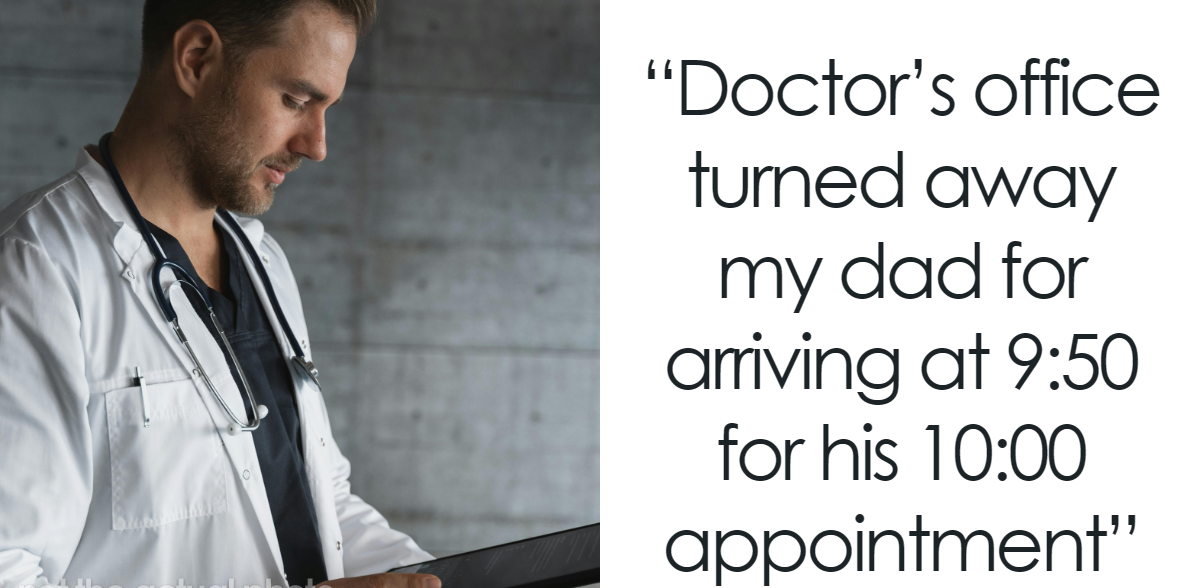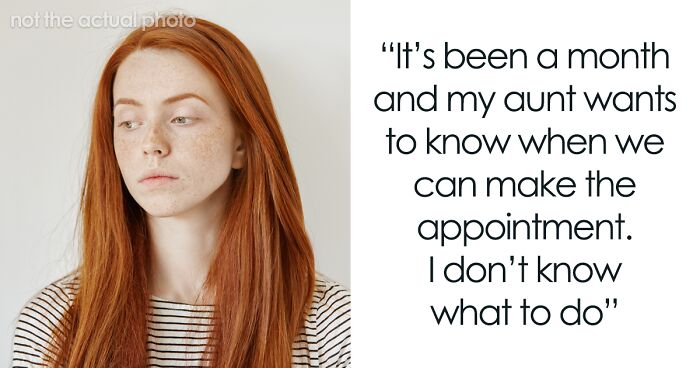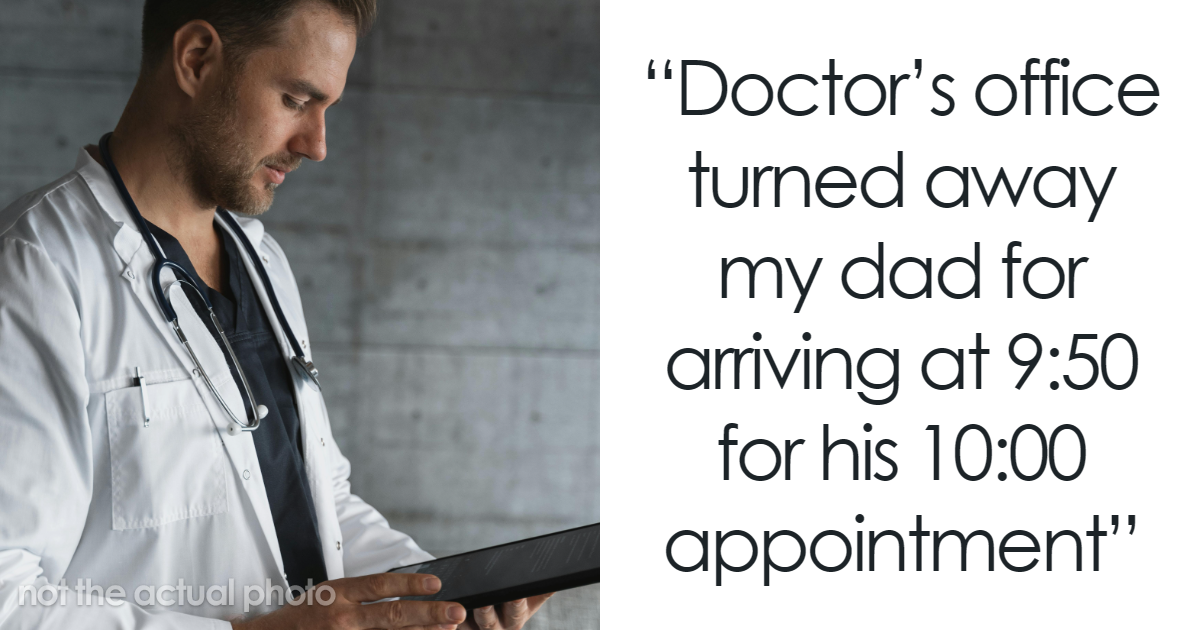Many people would probably agree that doctors should be skilled, disciplined, emotionally resilient, and knowledgeable in their craft. Even though all of these things are important in making a medical expert good, they’re not enough for greatness. Their bedside manner is vital, too. Poor communication and a lack of respect and empathy are only going to leave folks frustrated.
Some of those patients take to the popular r/mildlyinfuriating online group to vent their frustrations. Today, our team at Daily Trend Blog is featuring stories that prove that many health professionals still have a long way to go when it comes to their behavior. Scroll down to check them out.
Doctor Wanted To Prescribe Me Eczema Medication That My Insurance Wouldn’t Cover… This Is The Cost With The Goodrx Discount
To put it simply, patients who know their doctors care about them and their welfare are more likely to listen to what they tell them they should do.
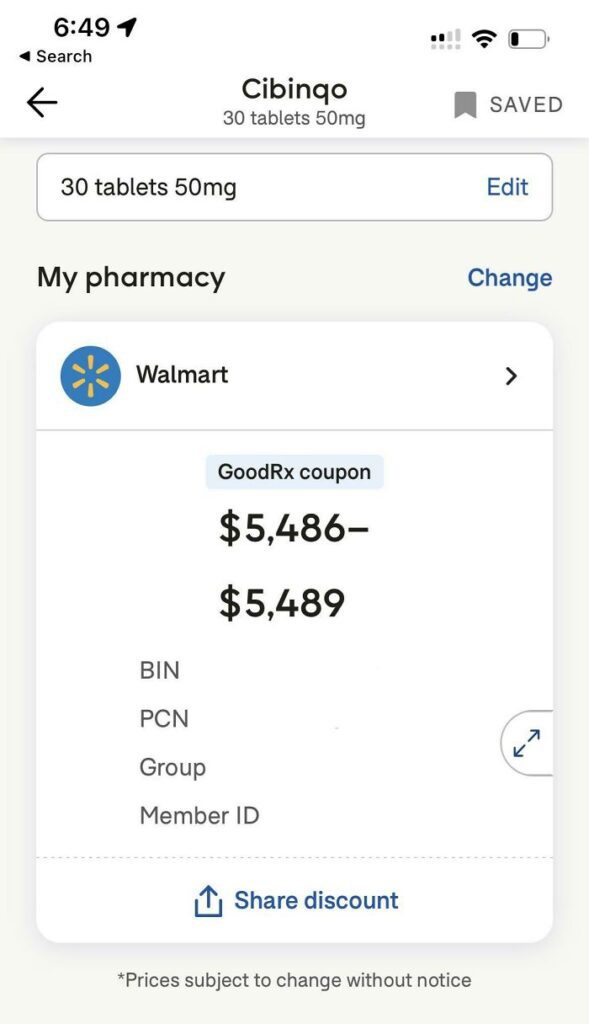
They’ll be more likely to follow through with any medication regimens and attend follow-up appointments. They’ll actually listen when their physicians tell them to eat better and move more, which should prevent some health problems in the future.
I’ve Been Sitting In The Waiting Room Of This Doctors Office For Over An Hour And This Painting Is Really Pissing Me Off
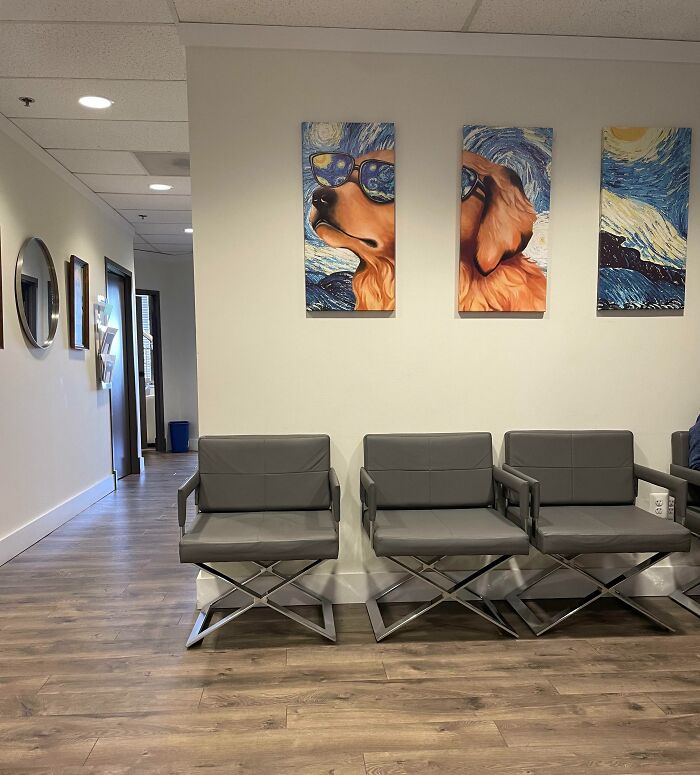
Do we have any Doctor Pandas here today? If so, what do you personally do to build a sense of trust with your patients? You can share your opinions and experiences in the comments section at the bottom of this post.
This Endless Automated Text Loop Trying To Cancel An Upcoming Doctor Appointment For My Dad Who Died Yesterday
Empathetic doctors are good for absolutely everyone. Their patients will be more likely to get better and won’t clog up the system, meaning experts won’t be as overworked.
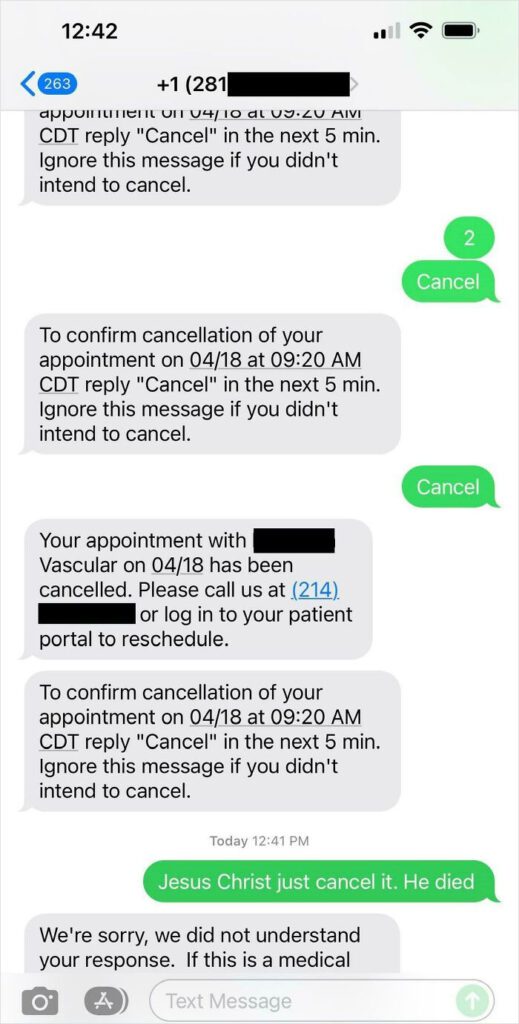
The doctors with good bedside manners will have a good reputation, which, by extension, will improve the standing of their workplace, bringing in more business and investments. And, on a wider scale, fewer sick people and more trust in the community are good for society as a whole.
St. George’s University School of Medicine points out that some people are naturally good communicators. However, communication, like any other skill, is something that can be learned and developed. It will happen slowly, over time, as medical experts interact with their patients. However, prospective medics can learn proper bedside manners during simulations, too.
I Booked A Doctors Appointment For 1pm (My Work Lunch Break) And It’s Now 1:45pm, I’m Late Coming Back To Work And I Still Haven’t Been Seen. I Literally Only Need A Script Filled Out
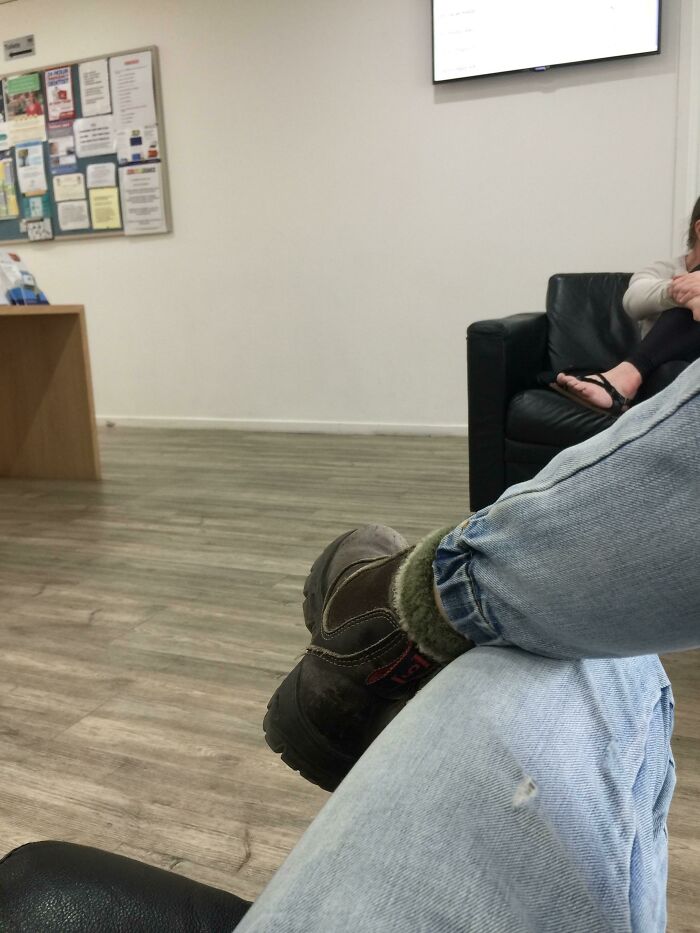
Doctor Requires You To Be 1 Hour Early For 5 Minutes Of Paperwork, Only To Be Running 2.5 Hours Behind. Why Is This Acceptable?
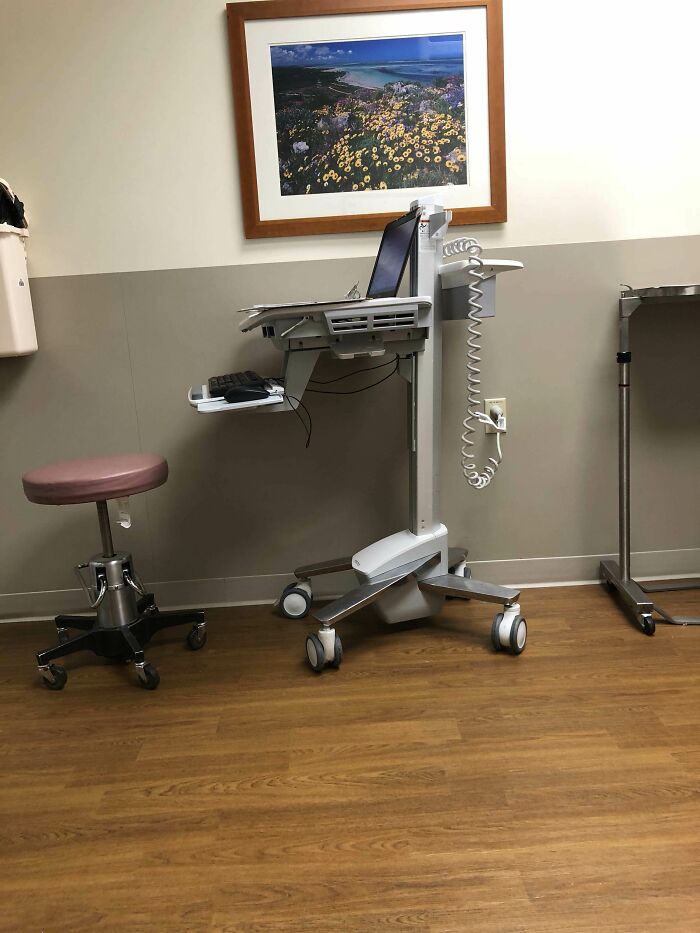
Sitting In The Doctors Office At 2:10 Listening To Him Bullsh*t About His Weekend In The Room Next To Me When My Appointment Was At 1:30
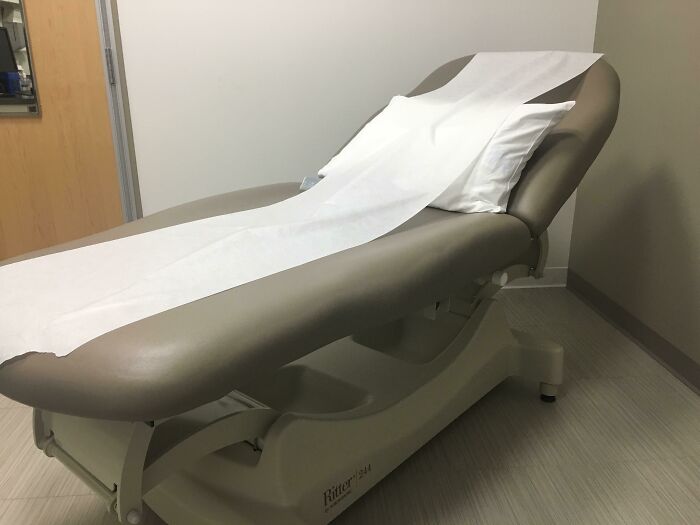
Another thing to keep front of mind is that few patients are going to have the same medical knowledge as the medical staff. So, doctors need to find a way to explain what’s happening to their patients in a way that’s both informative and easy to understand.
That means using fewer technical terms and medical jargon or at least explaining what everything means in a simple way. The goal is for both sides to be on the same page, not to flex one’s fancy medical degree and the plethora of knowledge they amassed.
We’d like to hear your thoughts on the topic, dear Pandas. What is the worst or weirdest interaction that you’ve ever had with your doctors? What style of communication and skills do you value the most in medical pros?

